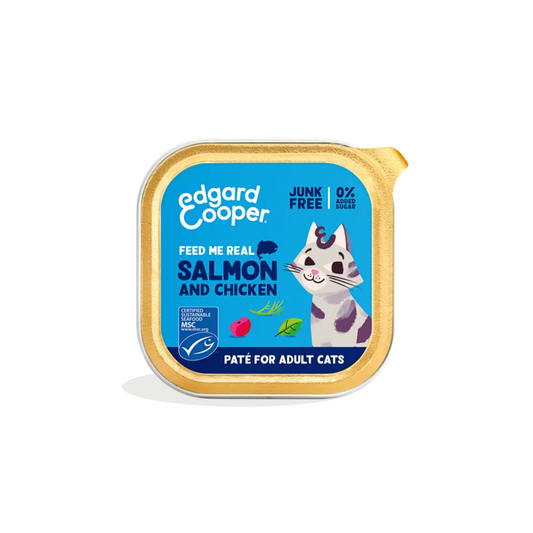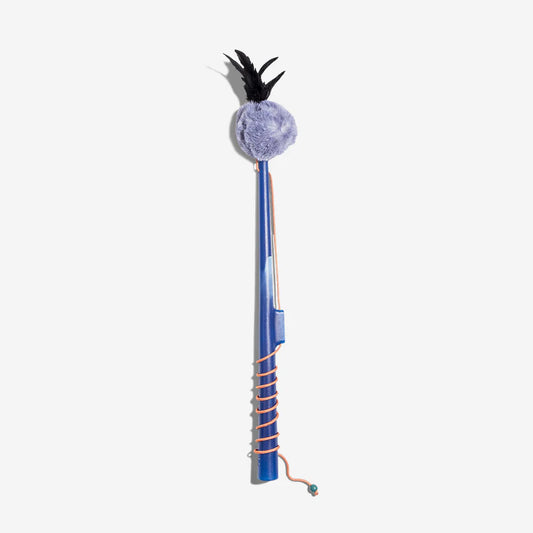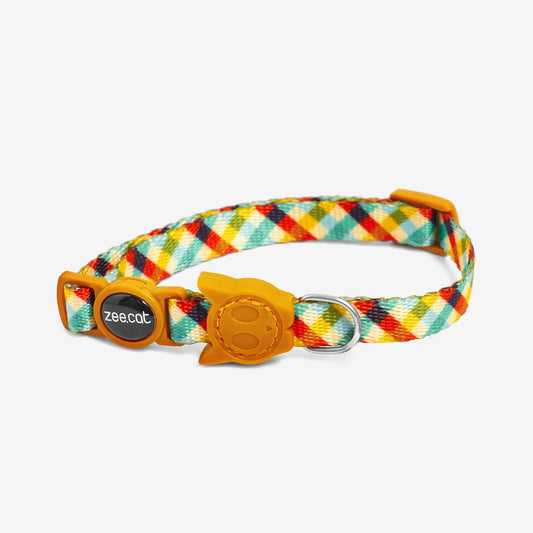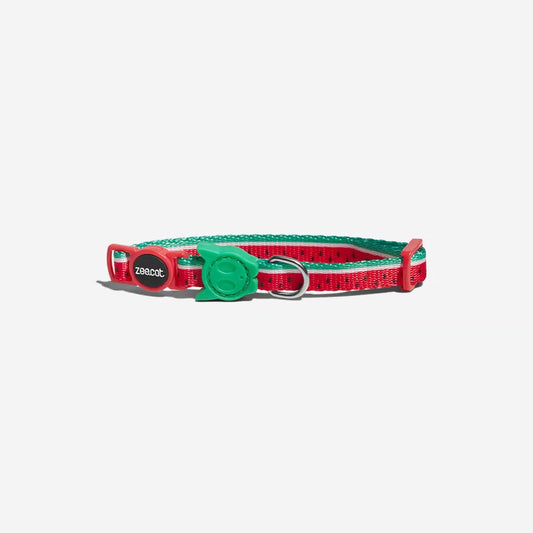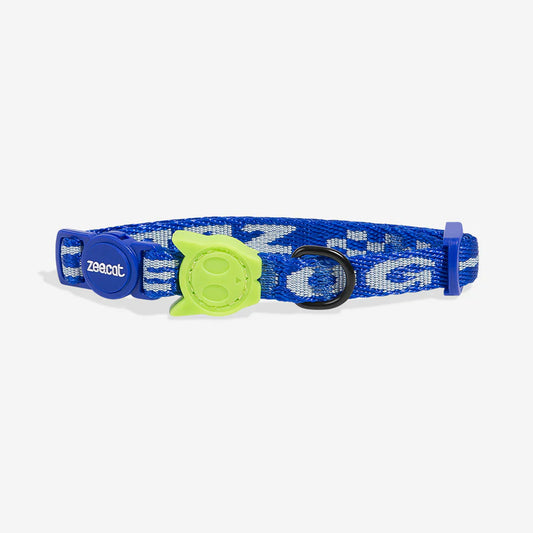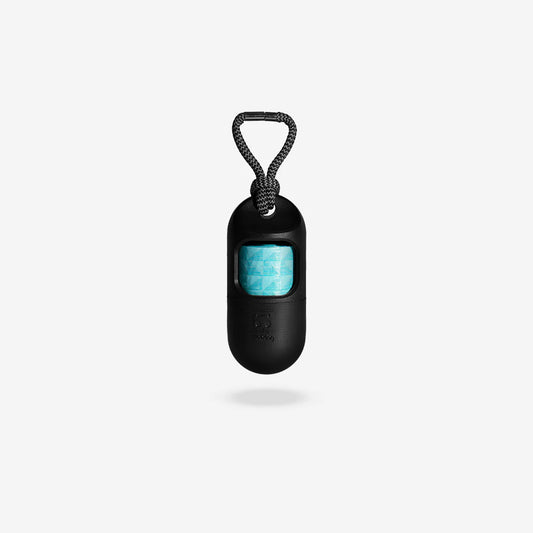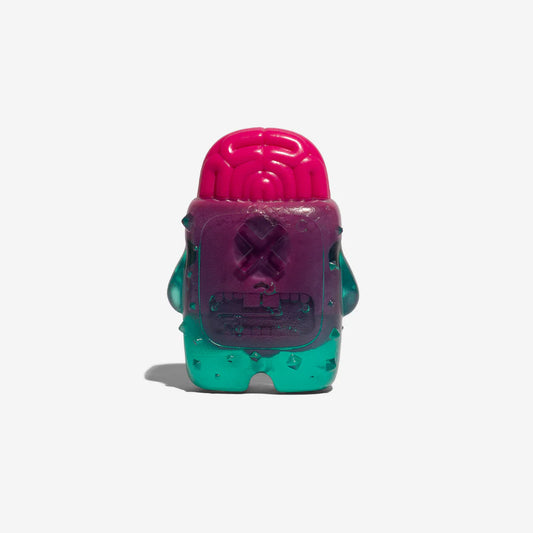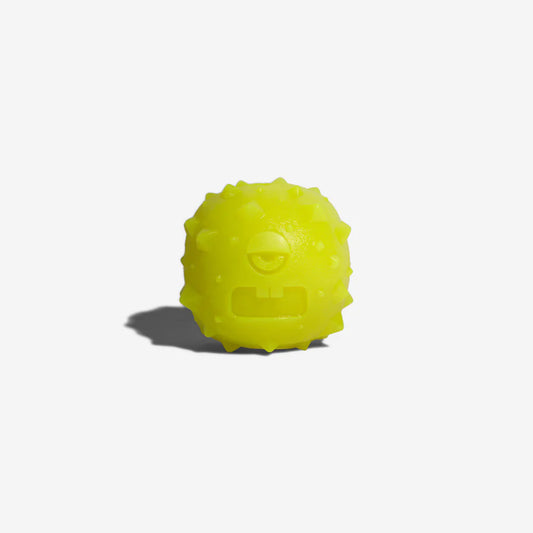As a pet owner, you might wonder if it's safe to share your favorite fruits with your furry friend. One common question is: Can dogs eat strawberries? The answer is yes, dogs can eat strawberries, and they can be a healthy, delicious treat when given in moderation. Let's explore the benefits, precautions, and best practices for feeding strawberries to your dog.
Benefits of Strawberries for Dogs
Strawberries are not only tasty but also packed with nutrients that can benefit your dog's health:
- Vitamins and Minerals: Strawberries are rich in vitamin C, manganese, and folate, which are essential for maintaining your dog's overall health.
- Antioxidants: These berries contain antioxidants that help combat free radicals, reducing inflammation and supporting a healthy immune system.
- Fiber: The dietary fiber in strawberries aids digestion and can help keep your dog's bowel movements regular.
- Low in Calories: Strawberries are low in calories, making them an excellent choice for a light snack, especially for dogs on a weight management plan.
How to Safely Feed Strawberries to Your Dog
While strawberries are generally safe for dogs, there are some important guidelines to follow to ensure they enjoy this treat without any issues:
- Wash Thoroughly: Always wash strawberries thoroughly to remove any pesticides or chemicals that might be harmful to your dog.
- Remove Stems and Leaves: The stems and leaves of strawberries can be difficult for dogs to digest and may cause gastrointestinal upset, so be sure to remove them before serving.
- Cut into Small Pieces: Cut the strawberries into small, bite-sized pieces, especially for small dogs, to prevent choking hazards.
- Moderation is Key: Strawberries should be given as an occasional treat and not as a regular part of your dog's diet. Overfeeding can lead to stomach upset or diarrhea due to the fruit's natural sugar content.
Potential Risks and Considerations
Although strawberries are safe for most dogs, there are a few potential risks to keep in mind:
- Allergic Reactions: Some dogs might be allergic to strawberries. Watch for signs of an allergic reaction, such as itching, swelling, or difficulty breathing, and consult your vet if you notice any of these symptoms.
- Sugar Content: Strawberries contain natural sugars, which can be problematic for dogs with diabetes or those prone to weight gain. Always consult your vet before introducing new foods to a dog with health concerns.
- Pesticides: Non-organic strawberries might contain pesticides, which can be harmful to dogs. Opt for organic strawberries when possible, or wash non-organic berries thoroughly.
Fun Ways to Serve Strawberries to Your Dog
If you're looking to get creative with how you serve strawberries to your dog, here are a few ideas:
- Frozen Treats: Freeze strawberry pieces for a refreshing summer snack. Frozen strawberries can also help soothe teething puppies.
- Mixed with Food: Add small pieces of strawberries to your dog's regular food for a tasty twist.
- Strawberry Puree: Blend strawberries into a puree and mix it with plain, unsweetened yogurt for a delicious and nutritious treat.
Conclusion
Strawberries can be a delightful and healthy treat for your dog when served properly and in moderation. By following the guidelines above, you can safely introduce strawberries into your dog's diet and provide them with a variety of flavors and nutrients. Always monitor your dog for any adverse reactions and consult your vet if you have any concerns. Happy snacking!




